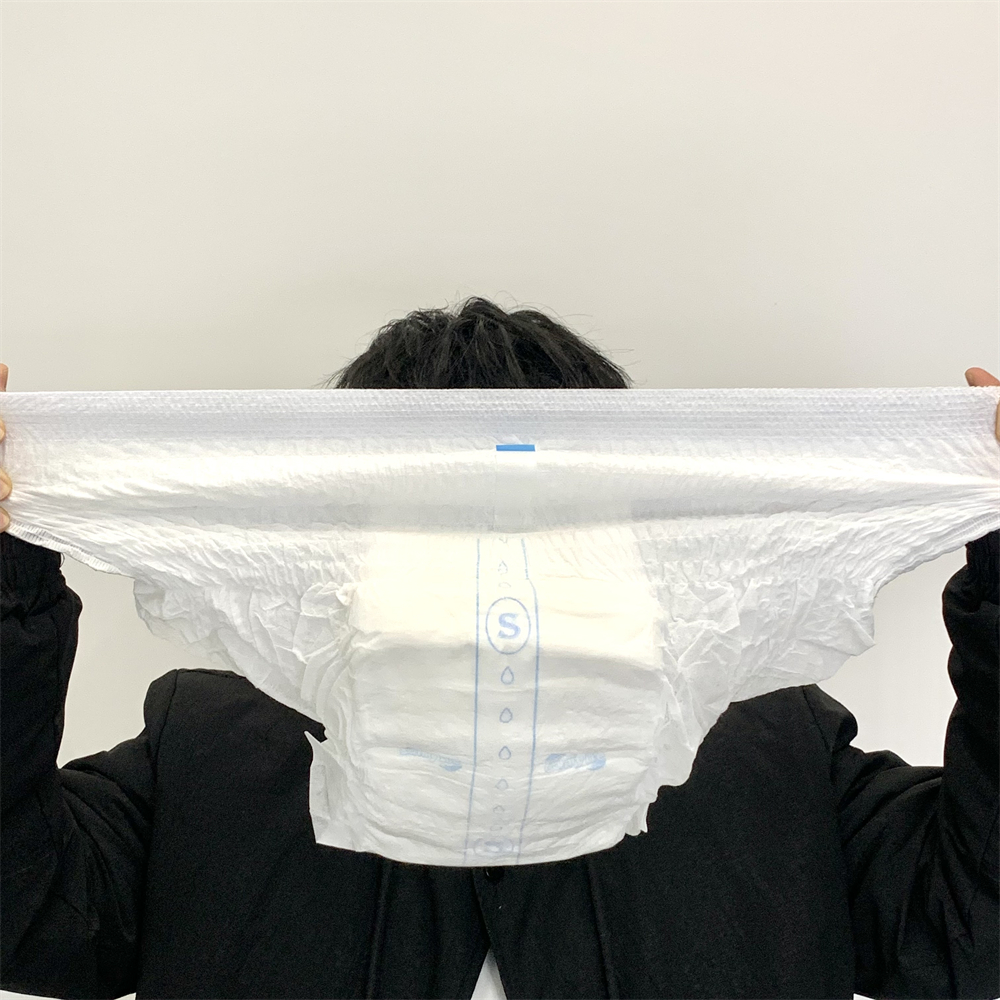Incontinence products like adult diapers and pads play a crucial role in managing adult incontinence. They provide comfort, convenience, and dignity to individuals dealing with this condition.
Here’s how they contribute to managing incontinence:
- Absorbency: Incontinence products are designed to quickly absorb and retain urine or fecal matter, keeping the wearer dry and preventing skin irritation or discomfort.
- Leakage Prevention: These products are engineered to contain and prevent leaks, reducing the risk of embarrassing and inconvenient accidents.
- Odor Control: Many incontinence products are equipped with odor control features that help mask and neutralize unpleasant odors, providing a sense of freshness.
- Comfort and Fit: Adult diapers and pads come in various sizes and styles to ensure a comfortable and secure fit, minimizing irritation and chafing.
- Discreetness: They are designed to be discreet under clothing, allowing individuals to go about their daily activities with confidence and without drawing attention to their condition.
- Convenience: Incontinence products are easy to use and dispose of, simplifying the management of incontinence for both the affected individuals and their caregivers.
- Mobility and Independence: By using these products, individuals with incontinence can maintain their mobility and independence, as they can venture out of their homes without worry.
- Peace of Mind: Knowing that they have reliable protection in place, individuals can experience peace of mind, reducing stress and anxiety associated with incontinence.
- Variety of Choices: Incontinence products come in a range of types and absorbency levels, catering to different needs, from light leakage to heavy incontinence.
- Home and Travel Use: They are suitable for use at home, during travel, and in public settings, making them versatile and practical solutions.
- Economical: In the long run, using incontinence products can be a cost-effective approach to managing incontinence, as they reduce the need for frequent laundering of clothing and bedding.
- Dignity and Quality of Life: Ultimately, these products help individuals maintain their dignity and enhance their overall quality of life by allowing them to participate in social activities and pursue a fulfilling lifestyle.
It’s important to choose the right type of incontinence product based on the individual’s specific needs, whether it’s a disposable adult diaper, adult incontinence supplies reusable cloth diaper, or an incontinence pad. Consulting with a healthcare professional can help in selecting the most suitable product for effective management.
What are the potential psychological and emotional impacts of adult incontinence?
Adult incontinence can have significant psychological and emotional impacts on affected individuals. These effects can vary in intensity depending on factors such as the individual’s personality, the underlying cause of incontinence, and their level of social support.
Some potential psychological and emotional impacts of adult incontinence include:
- Stress and Anxiety: Constantly worrying about leaks or accidents can lead to chronic stress and anxiety, which may exacerbate the condition. Anxiety can also manifest as a fear of social embarrassment.
- Depression: Many individuals with incontinence experience depression due to the emotional toll of managing their condition, potential isolation, and a perceived loss of dignity and independence.
- Social Isolation: Incontinence can lead to social withdrawal and isolation as individuals may avoid social activities or gatherings due to fear of accidents or embarrassment.
- Low Self-Esteem: The loss of bladder or bowel control can result in a diminished sense of self-worth and self-esteem, which can affect one’s self-image and self-confidence.
- Embarrassment and Shame: Experiencing incontinence can be deeply embarrassing and shameful for some individuals. This may lead to a reluctance to seek help or discuss their condition with healthcare professionals, family, or friends.
- Reduced Quality of Life: Incontinence can impact an individual’s overall quality of life by limiting their ability to engage in activities they once enjoyed. It can affect independence and mobility.
- Disruption of Daily Routine: Managing incontinence often requires significant changes in daily routines, including frequent bathroom visits, carrying extra supplies, and planning outings around restroom access. This can be mentally exhausting.
- Frustration and Irritability: The physical discomfort and inconvenience of incontinence can lead to frustration and irritability, affecting interactions with family and caregivers.
- Impact on Relationships: Incontinence can strain relationships, especially when caregivers or family members are involved in the care. It may lead to feelings of guilt, frustration, and strained communication.
- Body Image Concerns: Individuals may experience negative body image issues related to their incontinence, affecting their perception of themselves.
- Coping Mechanisms: Some individuals may turn to unhealthy coping mechanisms, such as overeating, alcohol, or other substances, as a way to deal with the emotional distress caused by incontinence.
It’s important to recognize these potential psychological and emotional impacts of adult incontinence and address them appropriately. Seeking medical advice, using effective management strategies, and receiving emotional support from healthcare professionals, support groups, and loved ones can significantly improve an individual’s mental and emotional well-being while dealing with this condition.

